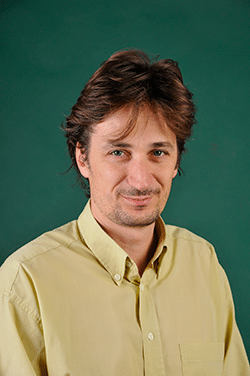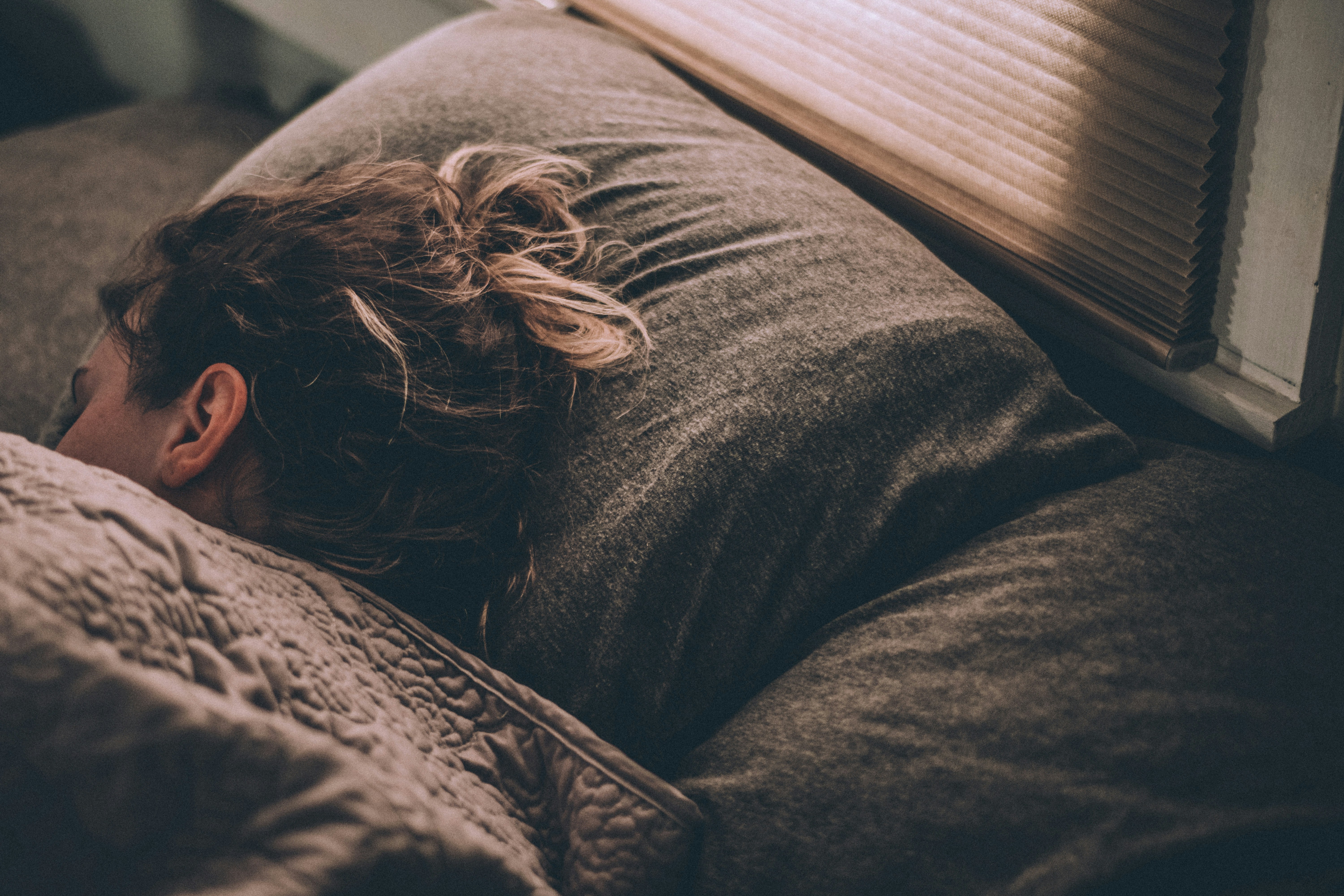We spend nearly a third of our lives asleep — yet those silent hours shape our health, emotions, and creativity. In the October Alumni Network Hungary webinar, Prof. Róbert Bódizs, Ph.D., a leading sleep and neuroscience expert from the Institute of Behavioural Sciences at Semmelweis University, explored how understanding our dreams and sleep can deepen self-knowledge and enhance wellbeing. Read our interview with him.
Your research spans sleep, biological rhythms, and the human mind. What initially sparked your interest in the science of sleep, and why do you think it’s such a crucial topic for our everyday lives?
I was an undergraduate student when I read a review paper on the peculiarities of REM sleep and its potential relevance to understanding psychosomatic diseases. The paper was written by Zsuzsanna Kulcsár. I realized that there are times when apparently nothing is happening, yet a lot is going on beneath the surface. Sleep research is also somewhat unique among psychological research topics because of its strong biological foundations. Sleep occupies a particularly significant portion of our lives. We literally spend decades sleeping — lying in bed and even dreaming. Almost every behavioural, psychological, or health-related aspect of our lives is associated with these decades of sleep. It is virtually impossible to achieve or maintain a good quality of life without good sleep.

Many people underestimate the impact of sleep on their productivity and wellbeing. Based on your findings, what are the most surprising ways sleep influences our emotions, creativity, or decision-making?
It was a fascinating experience for me to understand the way lack of sufficient sleep dampens frontal lobe activity and how this reversible defrontalization is reflected in the behavioural realm. People having insufficient sleep or suffering from sleep deprivation are impulsive, emotionally unstable and sometimes – largely depending on the context – even childish. One might assume that this state indeed facilitates creative thinking, but indeed it is not. Sleep deprived humans tend to behave in an automatic manner. This autopilot mode is not supporting creativity at all.
Dreams are a fascinating part of sleep. Can you explain how our dreams might reflect our mental and emotional state, and whether understanding them can improve our personal or professional life?
Dreams are sequences of thoughts and fantasies transformed into images. Just as daydreaming is a vivid, though somewhat controlled, visualization of thoughts that interest us and stir our innermost selves, the same applies to our dreams—only to a greater extent. Understanding them therefore equals self-knowledge, or more precisely, a higher level of it. And self-knowledge is a beneficial quality in every area of life. Beyond this, dream images and narratives are fascinatingly creative representations of our thoughts, feelings, and ideas. It is astonishing how much creativity a person can bring forth from within simply by falling asleep.

Modern life often disrupts natural sleep patterns. What practical advice do you have for international students and alumni and professionals to align their sleep with their body’s natural rhythms and maximize energy and focus?
Regularity is one of the secrets to good sleep. Going to bed and waking up at roughly the same time each day is something that can only benefit anyone who tries it. Naturally, we also must face other challenges if we want to sleep well under the conditions of modern, technology-driven life. Among the best-known of these are the lack of daylight caused by indoor work and the light pollution that occurs in the evening or at night. In the latter case, it is especially advisable to avoid light in the blue spectrum, for example by using blue-light-filtering glasses or applications. Physical activity during the day is also important, as it is one of the main agents that ensures evening drowsiness. Finally, but by no means least, the cool bedroom deserves mention—it effectively supports the body’s natural tendency for temperature to drop during sleep.

Looking ahead, what excites you most about the future of sleep research? Are there any emerging discoveries or applications that could change how we think about rest and recovery?
The future of sleep research is shrouded in mystery—yet the question of what lies ahead is all the more fascinating. On one hand, I find the prospect of molecular discoveries that reveal the elementary biochemical foundations of sleep’s origins both conceivable and deeply intriguing. I’m thinking, for instance, of the relationship between sleep and the immune system, or perhaps the gut microbiome, as well as the pivotal role of mitochondria.
There is another possibility that I find even more compelling: that sleep, like wakefulness, may be understood through the collective behaviour of neural elements (cells and networks) within the frameworks of systems theory and statistical physics. Just as a single dollar cannot cause an economic boom or crisis, a single neuron cannot sleep or be awake on its own. I can very well imagine a revolutionary insight emerging—one that, much like the introduction of the concept of entropy in physics, would define a systemic property or statistical concept capable of explaining which dynamics of interaction manifest as wakefulness to the internal observer, and which are experienced as sleep.
Want to watch the inspiring webinar of Professor Bódizs? Become a member of the Alumni Network Hungary today to access this session — and enjoy previous and upcoming webinars, too!
Join our welcoming community and stay connected with alumni and experts from around the world.
Photo credits:
Jr Korpa: https://unsplash.com/photos/tilt-shift-lens-photography-of-woman-laying-on-green-grass-FiFiVf1xHtk
Gregg Pappas: https://unsplash.com/photos/woman-sleeping-on-bed-under-blankets-rUc9hVE-L-E